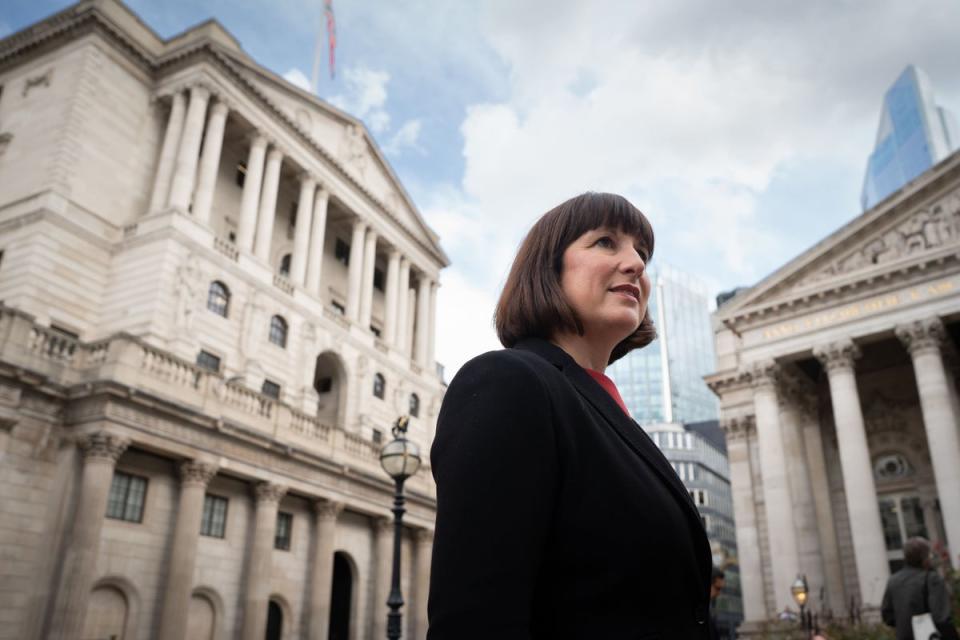Is Rachel Reeves thinking about an ISA tax raid?

Ah, so that’s where all the money went.
Latest figures from the Bank of England today show that households squirrelled away £11.7billion into tax-free ISAs in April, almost certainly mostly in the frenzy up to midnight on April 5, the highest for any month since records began in 1999.
Could that explain why consumer spending was mediocre? Last week the official retail sales figures showed an unexpectedly large drop of 2.3% in April, which was largely blamed at the time on soggy weather keeping shoppers at home. I am sure that was part of the story, but today’s Bank numbers put a slightly different complexion on it.
So rather than splurging all those hard won — and fast rising — wages at the mall, many chose instead to top up their rainy day savings.
But why so much? The lure of 5% plus interest rates is clearly a major factor. But it is about more than just the headline rate as Alice Haine, Personal Finance Analyst at Bestinvest by Evelyn Partners, points out this morning.
One of the unintended consequences of perma-frozen tax thresholds and personal savings allowances is that the interest on those nest eggs is increasingly likely to be taxed, in many cases at 40% or even 45%.
That makes the returns on ISAs particularly enticing and may go some way to explain why there was such a stampede to piggy banks last month.
Sooner or later interest rates will start to come down, most likely in August in the uncharted waters of the post-election era. That may well start to staunch the flow of cash into ISAs and bring some relief to the long suffering High Street.
But I wonder if the sheer scale of the tax savings now being made by largely higher earners through pumping up their ISAs will catch the eye of the new regime at the Treasury and the debut Rachel Reeves Budget this autumn?

 Yahoo Finance
Yahoo Finance 